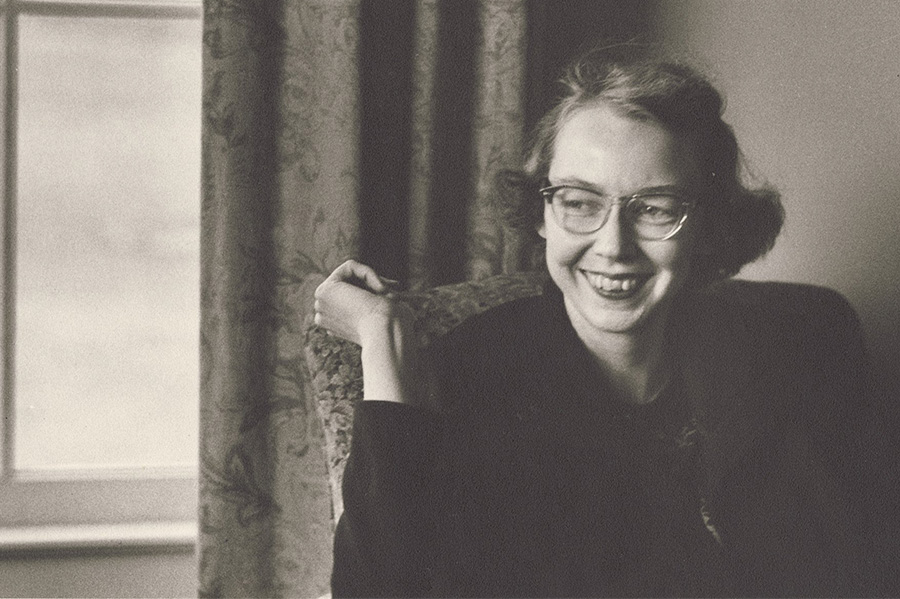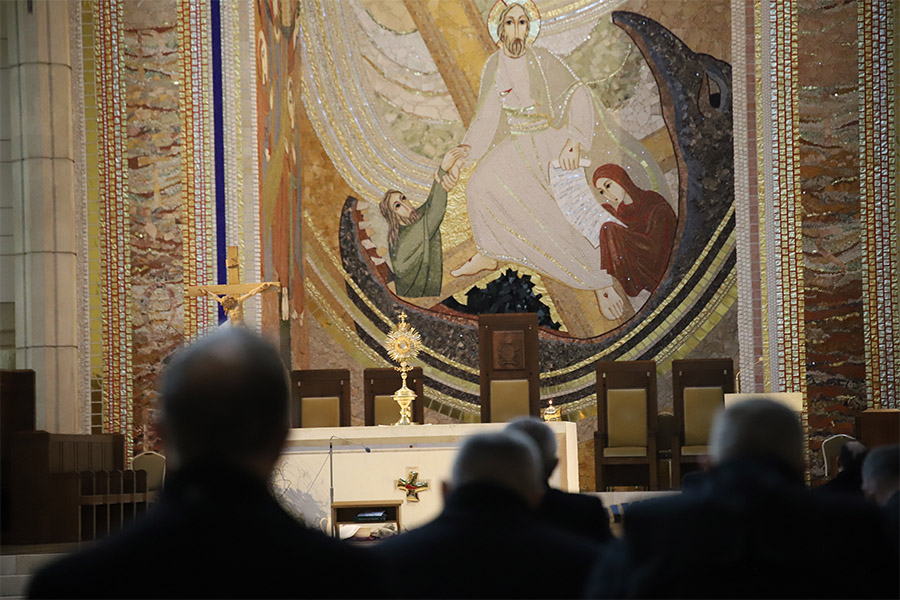Musicians performing Edward Polochick’s interpretation of Handel’s Messiah can’t afford to lose focus for a second. The maestro, who has conducted hundreds of performances of the German-British composer’s most famous oratorio, loves to drive Messiah at a breakneck, sprightly pace.
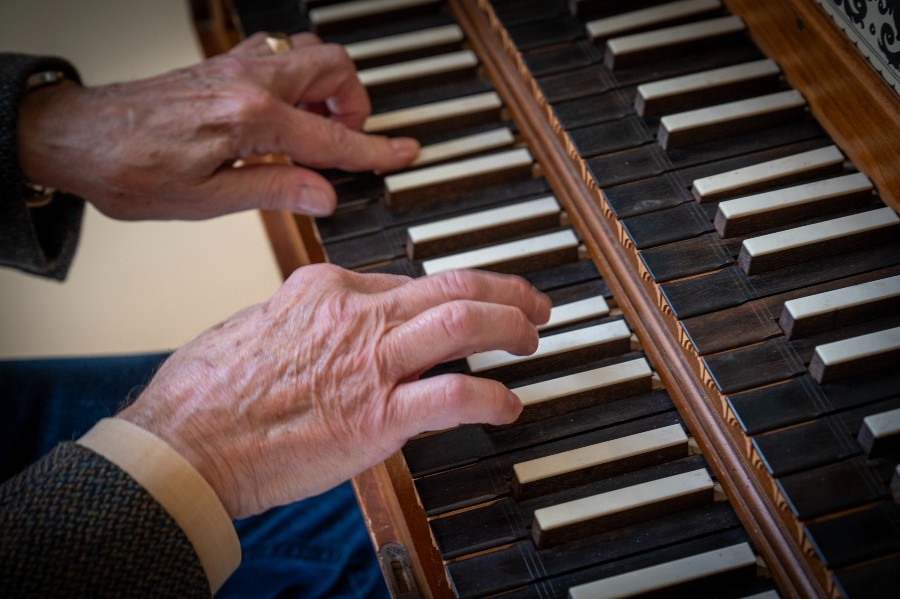
“My approach is one of electric white heat that can be so dramatic and inspirational,” said Polochick, a former longtime music professor at the Peabody Conservatory in Baltimore who has led the Lincoln Symphony Orchestra in Nebraska since 1998. “You have to have your wits about you. There’s no time to think – 110 percent of your focus has to be on spot 110 percent of the time. It’s almost breathtaking – literally.”
Audiences in Baltimore are well familiar with Polochick’s distinctive approach to a piece of music that has become a staple of the Christmas season.
For more than four decades, Polochick conducted Messiah with the Baltimore Symphony Orchestra and Concert Artists of Baltimore. After Concert Artists of Baltimore closed in 2018, Polochick kept annual shows going with the Baltimore Symphony Orchestra until orchestra leaders decided to end them with the 2021 performance.
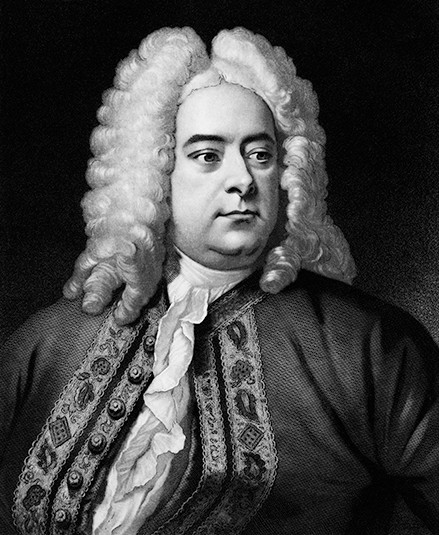
Now, after a year’s absence, Polochick is reviving his rendition of Messiah with a Dec. 16 concert at the Basilica of the National Shrine of the Assumption of the Blessed Virgin Mary in Baltimore, where he has led several previous performances of other works.
The conductor has assembled the “Baltimore Basilica Festival Orchestra and Chorus” made up of 30 instrumentalists, 50 choristers and four soloists, to perform Handel’s oratorio inside a space Polochick described as boasting the “absolutely best” acoustics for performance.
It’s not only the brisk pace that sets apart Polochick’s interpretation of Messiah. The maestro incorporates trills and ornamentation for soloists, chorus and orchestra. Just as Handel likely did, he conducts much of Messiah from a harpsichord.
In some choral sections of the oratorio, Polochick has choristers hold their scores to their mouths as they sing. It creates a muffled, otherworldly and far-off sound called for in some passages of the music.
All those touches are more in keeping with the baroque period in which the Messiah was composed, Polochick said.
“There’s not a note in that score that I don’t find just overwhelmingly beautiful,” said Polochick, who grew up attending a Slovak Catholic parish in his native Scranton, Pa., where his mother brought him to her choir rehearsals when he was a baby.
“I find it very exciting, dramatic, virtuosic, technical and challenging,” he said. “I think our performance is very close to what Handel had in mind.”
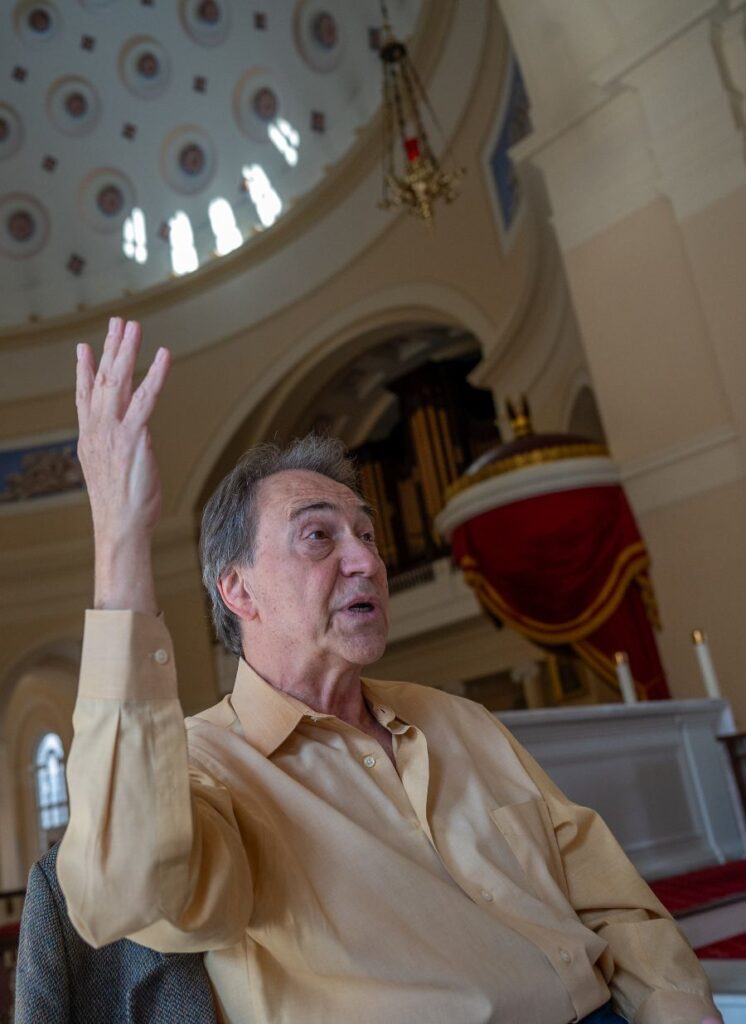
George Frideric Handel composed Messiah in just 24 days, using Old and New Testament scriptural texts compiled by Charles Jennens to retell the story of Christ. The work was first performed in 1742 in Dublin to celebrate Easter, but in countries such as the United States later became more associated with the Christmas season.
Father Brendan Fitzgerald, rector of the Baltimore Basilica, said Handel’s Messiah “overwhelms the senses with its grandeur.”
“We get used to hearing readings from the Bible at Mass,” he said, “but sometimes they don’t overpower us. God’s word, set to the music of this piece, does overpower us.”
Monsignor Richard Hilgartner, pastor of St. Joseph in Cockeysville, has sung in the chorus of all but two of Polochick’s productions of Messiah since 2002. He is looking forward to coming back this year.
“Singing Messiah each Christmas has been great spiritual preparation for Christmas for me, reflecting on the texts of Scripture,” he said, noting that the musical compositions “really bring the texts to life.”
When the final notes of Messiah resound off the grand interior dome of the Baltimore Basilica this year, Polochick plans to do what he has done in every performance he’s ever led of the masterwork. He will grab Handel’s score and hoist it over his head with both hands, inviting people to applaud its genius.
“It’s all about Handel and the inspiration from God,” Polochick said. “I think it’s important for the audience to know that there’s something bigger than all of us here – and it’s the word of God.”
For information on purchasing tickets to the Dec. 16 3 p.m. performance of Handel’s Messiah at the Baltimore Basilica, click here. Seating under the dome, $65; general admission, $50. Children under 13 are free, but advanced registration is required.
Email George Matysek at gmatysek@CatholicReview.org
Messiah fast facts
Inspired composition
George Frideric Handel composed Messiah in just 24 days in 1741.
Initial reception
Premiering in Dublin in 1742, the oratorio met criticism from some for presenting a sacred subject in a secular setting. But, in time, it became recognized as one of the greatest compositions in history.
Stand for the “Hallelujah”
It’s a tradition to stand during the famous “Hallelujah Chorus,” a practice believed to have originated with King George II. During the 1743 London premiere of Messiah, the king was so touched by the “Hallelujah Chorus” that he rose, which the audience imitated. The tradition caught on and continues today.
More arts & culture
Copyright © 2023 Catholic Review Media

